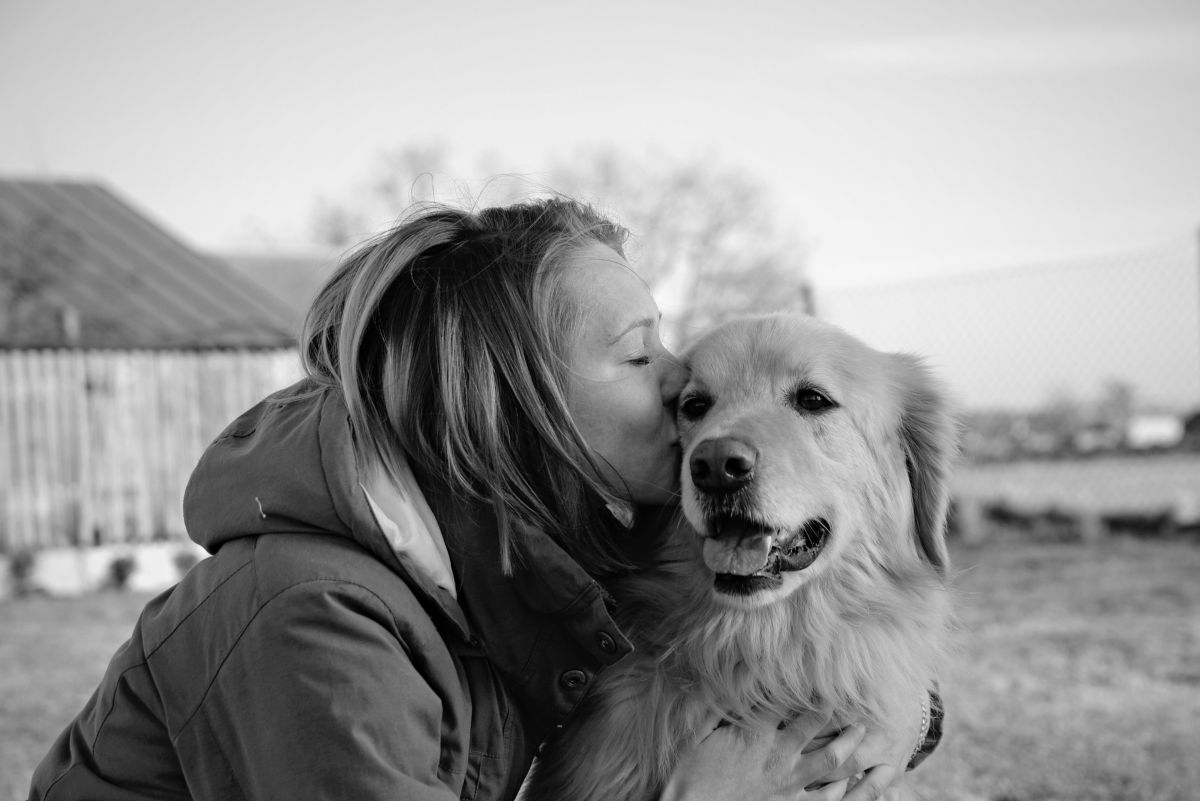
Dogs are known for their loyalty, affectionate nature, and sharp instincts. But can they really tell who’s good or bad? Research into canine behavior suggests that dogs are far more perceptive than we might think, and while they may not have the same moral compass as humans, they can certainly gauge certain human behaviors. Here’s a closer look at what science says about dogs’ ability to assess people and situations.
Do Dogs Have a Sixth Sense?
The idea that dogs have a “sixth sense” isn’t as far-fetched as it might seem. Studies have shown that dogs have an extraordinary ability to read human emotions and body language. While they may not judge someone’s morality in the same way humans do, dogs are highly skilled at sensing emotional cues and intentions.
One way dogs assess people is through their ability to understand human body language and facial expressions. For example, dogs can tell the difference between a friendly gesture and a threatening one, and they tend to respond accordingly.
Dogs Can Sense Deception
Can dogs detect when they’re being deceived? According to a study by Japanese scientist Akiko Takaoka at Kyoto University, dogs can indeed recognize when they are misled by their owners. In this experiment, dogs were shown deceptive gestures (e.g., being pointed to an empty container when the food was actually hidden elsewhere), and the dogs quickly learned not to trust those misleading cues.
This study suggests that dogs can learn from their interactions with humans and adjust their behavior accordingly. While they may not grasp the full complexity of human deception, they are very attuned to inconsistency and untrustworthiness in their environment.

The Empathy Factor: Dogs Can Read Our Emotions
Dogs have long been known for their emotional intelligence, and research supports the idea that they can recognize and respond to human emotions. In fact, dogs are the only non-human species shown to differentiate between emotions like joy and anger through facial expressions and tone of voice.
A study published in Biology Letters by the British Royal Society showed that dogs can distinguish between happy and angry faces. When presented with both, dogs typically react more positively to happy expressions, suggesting that they are able to pick up on subtle emotional cues.
So, the next time you’re feeling down, don’t be surprised if your dog offers comfort by sitting beside you. They may instinctively sense that you need a little extra support.

Can Dogs Really Tell Who’s “Good” or “Bad”?
It’s not just about detecting emotions—dogs can also gauge behavior and social dynamics. In a fascinating experiment, dogs were shown interacting with people who were either helpful or unkind to their owners. The dogs were more likely to accept food from people who had helped, while they rejected food from those who had acted unfriendly or aggressive.
This behavior hints that dogs may not only react to human emotions but could also have a basic sense of fairness. They tend to avoid individuals who display aggressive or rude behavior, which suggests that they can recognize and react to moral behavior, albeit in a much more instinctive way than humans.

Dogs as Emotional Support Partners
Dogs’ emotional intelligence also plays a critical role in their ability to assist with mental health. Dogs are used in various therapeutic contexts, such as animal-assisted therapy, where they help reduce stress and provide comfort to people dealing with mental health issues like anxiety, depression, and PTSD.
Studies have shown that interacting with dogs can lower cortisol levels (the stress hormone) and promote feelings of calmness. Dogs’ ability to offer emotional support, especially for individuals with autism or dementia, has been scientifically proven to improve mental well-being and quality of life.

Why Dogs Are More Than Just Pets
Dogs’ ability to read emotions, recognize trustworthiness, and provide emotional comfort highlights why they’re more than just companions. They can be seen as emotional experts, capable of offering support in ways that go beyond simple affection.
From detecting deception to understanding human emotions and offering therapeutic comfort, dogs’ natural instincts and learned behaviors make them indispensable in our lives. They not only offer loyalty and companionship but also guide us through emotional and social complexities in ways that science is only beginning to understand.

Looking Forward: Understanding Our Dogs Better
While dogs may not possess human-like judgment or morality, their instincts and emotional intelligence are undoubtedly remarkable. As we continue to study their behavior, we gain a greater appreciation for the depth of the bond between humans and dogs, one that goes beyond just companionship.
The next time your dog gives you that knowing look or sticks close to someone who seems to have a certain vibe, remember—they may be picking up on something you missed. It’s time we gave our dogs more credit for their instincts and emotional intelligence.
Sources:
- Takaoka, A., et al. (2015). Dogs Can Recognize Deception in Human Actions. Kyoto University.
- British Royal Society. (2019). Canine Facial Expression Recognition in Humans.
- National Institute of Mental Health (NIMH). Animal-Assisted Therapy and Mental Health Benefits.


